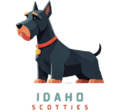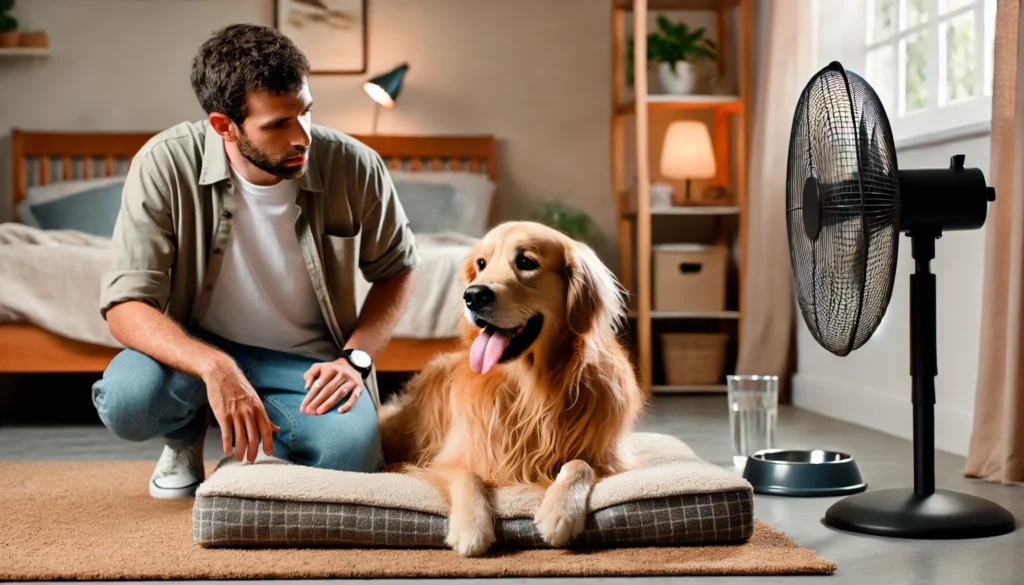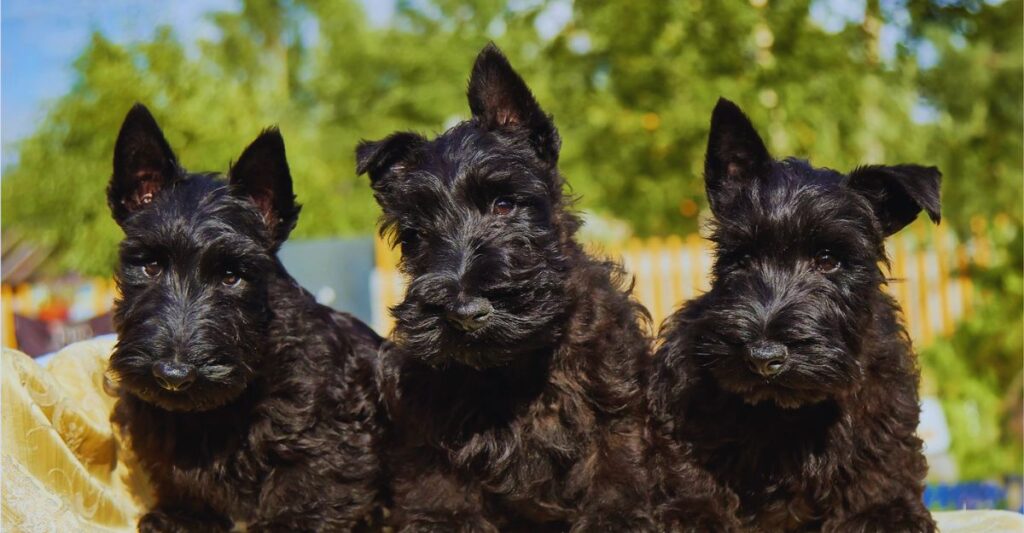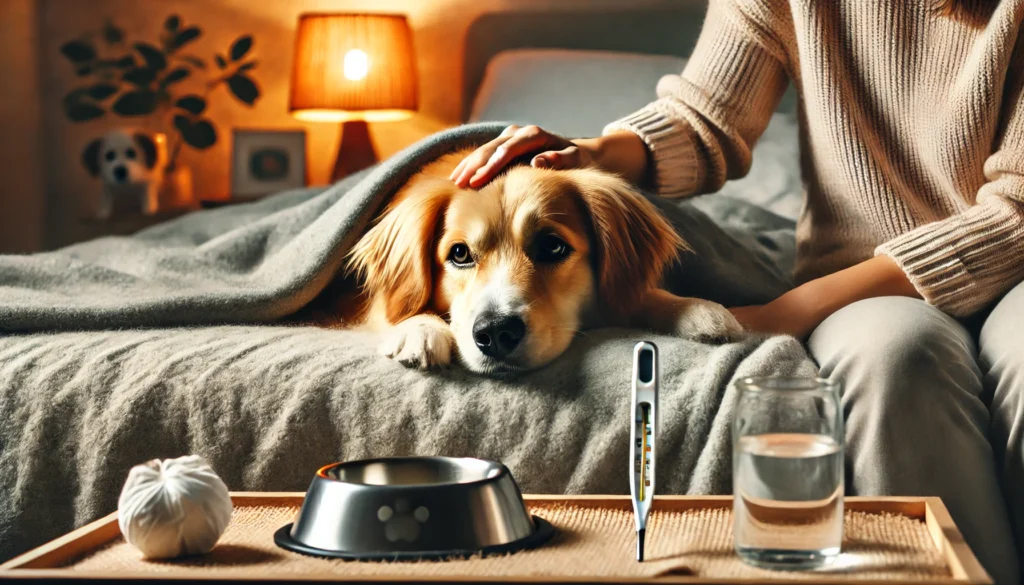Dog owners often notice their pets panting after exercise or on hot days, but when a dog starts panting while resting, it can be concerning.
While occasional panting is normal, excessive panting at rest may indicate an underlying issue that requires attention.
In this guide, we will explore the reasons why dogs pant while resting, possible health concerns, and when to seek veterinary help.
1. Normal vs. Abnormal Panting
Normal Panting:
- Dogs regulate body temperature through panting since they do not sweat like humans.
- Mild panting after mild exertion or excitement is normal.
- Temporary panting due to warm environments is expected.
Abnormal Panting:
- Occurs frequently and intensely without a clear reason.
- Persists even in a cool, calm environment.
- Accompanied by other symptoms like restlessness, coughing, or lethargy.
Understanding the difference between normal and abnormal panting is crucial in identifying potential health issues.
2. Common Causes of Panting While Resting

a) Overheating & Heatstroke
Dogs rely on panting to cool themselves down, but if the temperature is too high, they might struggle to regulate body heat. Overheating can lead to heat exhaustion or heatstroke, which is a medical emergency.
Signs of Heatstroke:
- Excessive drooling
- Rapid heart rate
- Weakness or collapse
- Red gums and tongue
Solution: Ensure your dog has access to water, shade, and proper ventilation. Never leave your dog in a parked car or in direct sunlight for prolonged periods.
b) Anxiety & Stress
Dogs express emotions physically, and panting can be a sign of stress, fear, or anxiety. This can happen due to loud noises (fireworks, thunderstorms), separation anxiety, or unfamiliar environments.
Signs of Anxiety in Dogs:
- Pacing and restlessness
- Whining or barking excessively
- Hiding or seeking comfort from their owner
Solution: Provide a calm environment, soothing words, and distractions like chew toys. If anxiety persists, consult a vet about potential solutions, including training techniques or anxiety-reducing supplements.
c) Pain & Discomfort
Panting while resting may indicate that a dog is experiencing pain due to injuries, arthritis, or internal health conditions. Dogs are known to hide pain, making panting an important clue.
Signs of Pain in Dogs:
- Limping or difficulty moving
- Licking or chewing at a specific area
- Loss of appetite
Solution: If you suspect pain, schedule a vet appointment. Pain relief options, such as medications or physical therapy, can help manage chronic pain conditions.
d) Respiratory or Heart Problems
If a dog struggles to breathe properly, panting may be a sign of an underlying respiratory or cardiac issue.
Conditions such as canine heart disease, pneumonia, or collapsing trachea can lead to labored breathing and frequent panting.
Signs of Heart or Lung Problems:
- Coughing or wheezing
- Fatigue and reluctance to exercise
- Bluish gums (a sign of oxygen deprivation)
Solution: If your dog has breathing difficulties, seek immediate veterinary attention. Diagnostic tests like X-rays or echocardiograms may be necessary.
e) Cushing’s Disease
Cushing’s disease (hyperadrenocorticism) is a hormonal disorder that causes excessive cortisol production, leading to symptoms such as excessive thirst, hunger, and panting even while at rest.
Other Symptoms of Cushing’s Disease:
- Pot-bellied appearance
- Hair loss or thinning coat
- Increased urination
Solution: If you notice multiple symptoms alongside panting, consult a veterinarian for blood tests and treatment options.
f) Side Effects of Medication
Certain medications, including steroids, pain relievers, and anti-seizure drugs, can cause panting as a side effect.
Solution: If you suspect medication is causing panting, talk to your veterinarian about possible alternatives or dosage adjustments.
3. When Should You See a Vet?
While occasional panting is normal, you should contact a vet if you notice the following:
- Panting is excessive, frequent, or occurs without a clear cause.
- Your dog has trouble breathing or collapses.
- Other symptoms like vomiting, coughing, or lethargy are present.
- Panting occurs suddenly and is persistent.
A vet can conduct necessary tests to determine the underlying cause and suggest appropriate treatment.
4. How to Help Your Dog Stop Panting
Cooling Measures:
- Ensure proper ventilation and shade in warm environments.
- Offer cool water and avoid intense exercise in hot weather.
- Use cooling mats or wet towels to help lower body temperature.
Anxiety Management:
- Provide a safe, comfortable space for your dog.
- Use calming products like pheromone diffusers or anxiety wraps.
- Train your dog with positive reinforcement techniques to reduce stress.
Monitor Their Health:
- Schedule regular vet check-ups to detect any underlying health conditions early.
- Keep an eye on your dog’s behavior and track any unusual changes.
Final Thoughts
Panting while resting can be a normal behaviour in dogs, but if it occurs frequently or alongside other concerning symptoms, it could indicate an underlying health issue. Whether caused by heat, anxiety, pain, or a medical condition, understanding the root cause is essential for providing the right care. If in doubt, always consult your veterinarian to ensure your furry friend stays happy and healthy.
Pet trainer with a passion for helping animals and owners build strong, loving bonds through positive reinforcement and expert care.



